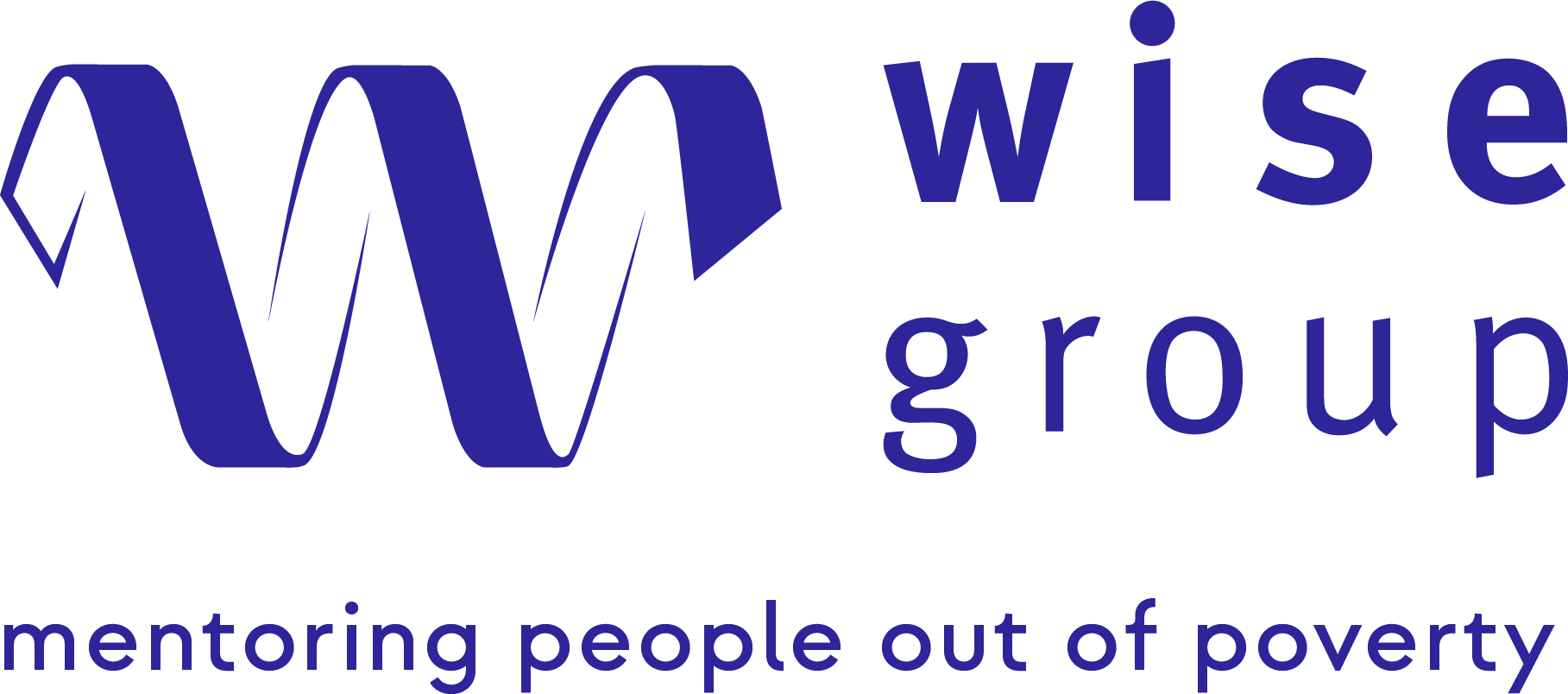Building on the successes of youth justice
Building on the successes of youth justice
The National Youth Justice Conference 2019 had a packed agenda and conference room as they discussed the theme of ‘Youth Justice through the Ages’. Over the two days, speakers and workshops focused on ways that systems respond to young people at different stages of their lifespan who are at conflict with the law.
Hamish Robertson, who leads the development and expansion of our community justice programmes, attended the conference and shares his views on the key messages of the event.
Building on recent successes
Scotland’s Children’s Hearings System is one of the most respected across the world and, with crime at the second lowest level since the mid-1970s, there’s a lot to celebrate. However, we can still make improvements. The question posed by Fiona Dyer, Interim Director of the Centre for Youth & Criminal Justice, was “Are we getting it right for every child?”
We know that offending is the result of exclusion – exclusion from wealth, affection, services, or opportunity. Research from Ipsos MORI highlighted that 72% of students excluded from school offend, including 54% admitting to buying drugs and 51% carrying weapons. These are the root causes we need to address together if we want to get it right for every child.
The Right Hon Lady Dorrian, Chair of the Scottish Sentencing Council, talked about the brain development in young people happening in three stages: from 12-15, 15-18, and 18-25. Up to the age of 25, the level of culpability is generally lower (I say generally, not exclusively). My colleagues, who mentor around 700 young people annually on release from prison, concur.
This clearly calls into question how to sentence young people. Lady Dorrian pointed out the need to consider each individual situation– their level of childhood trauma, health, engagement with services, mental health, and seriousness of offence, for example. That’s why it’s great to see sheriffs like Sheriff Ray Small and his colleagues at the Hamilton Youth Court pilot a Structured Deferred Sentencing approach.
Minister for Children & Young People, Maree Todd MSP, spoke about how the ground-breaking amendments to the Age of Criminal Responsibility (Scotland) Bill will raise the age of criminal responsibility from 8 to 12. The Disclosure (Scotland) Bill will also end the mandatory disclosure of offences committed under 18 years old. Instead, offences will be looked at on a case by case basis. Both pieces of legislation address the points raised at the conference around protecting young people’s futures by letting their past stay behind.
Driving a focus towards prevention
Yet with the highest incarceration rate in Western Europe – at 147 per 100,000 – Scotland clearly needs to do something different. And with 12% of the prison population serving sentences of under 12 months, the Presumption Against Short Term sentences will hopefully have a positive impact, because we know from experience the disproportionately negative affect of short term sentences on people’s lives. That’s why we’re delighted to keep working with our partners in the third sector and Justice Directorate to implement the smart justice agenda in Scotland.
At the conference, Cabinet Secretary for Justice, Humza Yousaf MSP, spoke about the need to focus on prevention and “getting into the heart of communities” to change behaviours. Young people need a credible person to tell them about the realities of offending – delivering education, support, and diversion.
Our early intervention programmes have been well received by schools. Our work in 11 secondary schools – where we’ve delivered educational sessions to over 300 pupils about drugs and alcohol, peer pressure, and carrying knives – resulted in 97% telling us they better understood the impact of their decisions on their future prospects while 9 out of 10 said they’d make different choices because of what they learned.
Over the coming 12 months we’ll significantly increase our work with 11-15 year olds to provide group work, education, and mentoring to those at risk of offending behaviour.
Let’s talk
If you’d like to chat more about the work we do or you think we could work together to reduce offending and divert young people from the justice system, get in touch.
